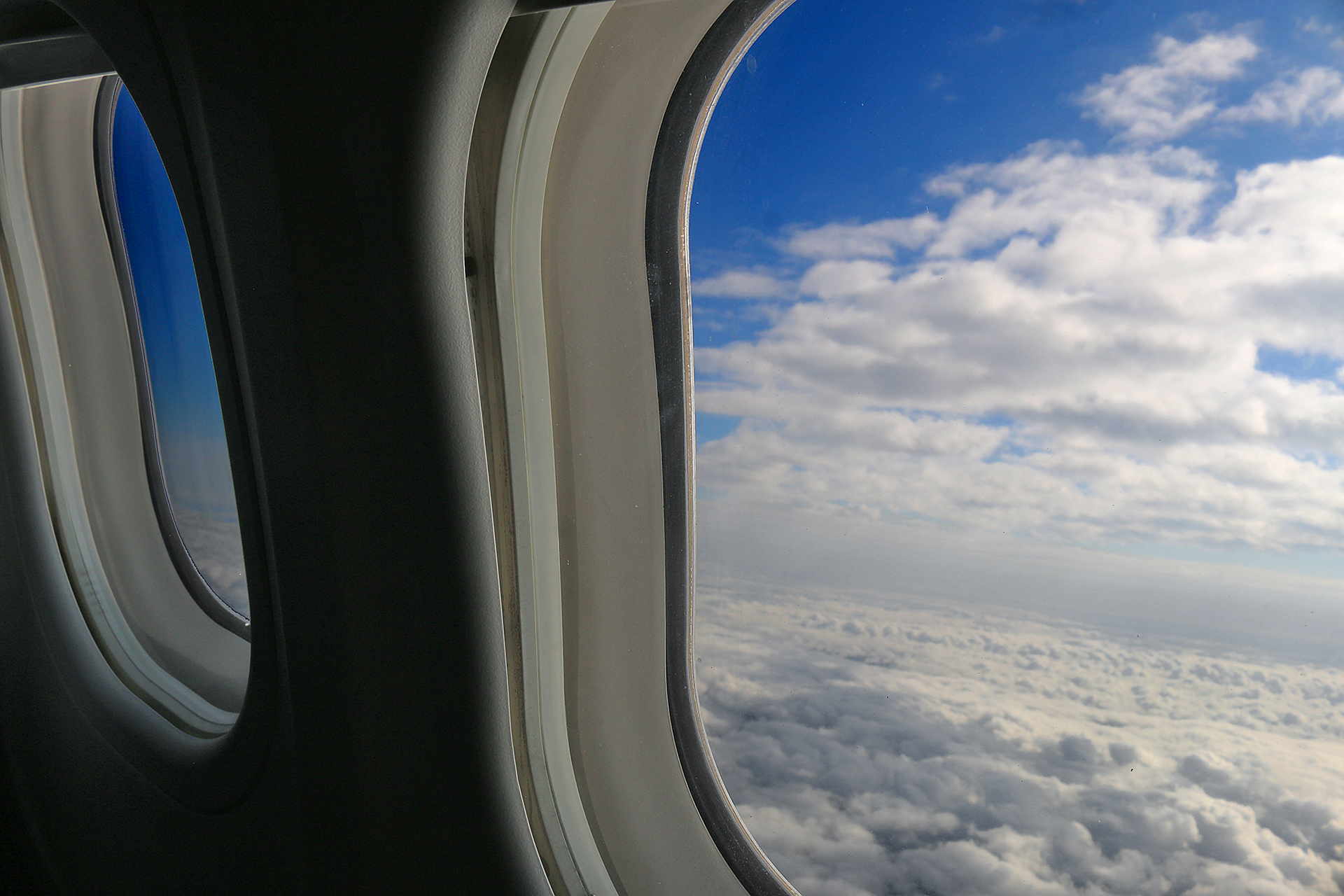Many so-called “travel blogs” constantly churn out articles which are filled with credit card advertisements, sponsored content, influencer rhetoric, and affiliate links to convince you that travel is “free” — even though travel is NOT free and why loyalty is not worth the effort. One of the most effective ways of influencing their audiences is the possibility that travel is free. Those articles are designed with the hopes of brainwashing you into following what they say so that they benefit and profit handsomely off of you under the guise of helping you.
Travel Is NOT Free: Why Loyalty Is Not Worth The Effort
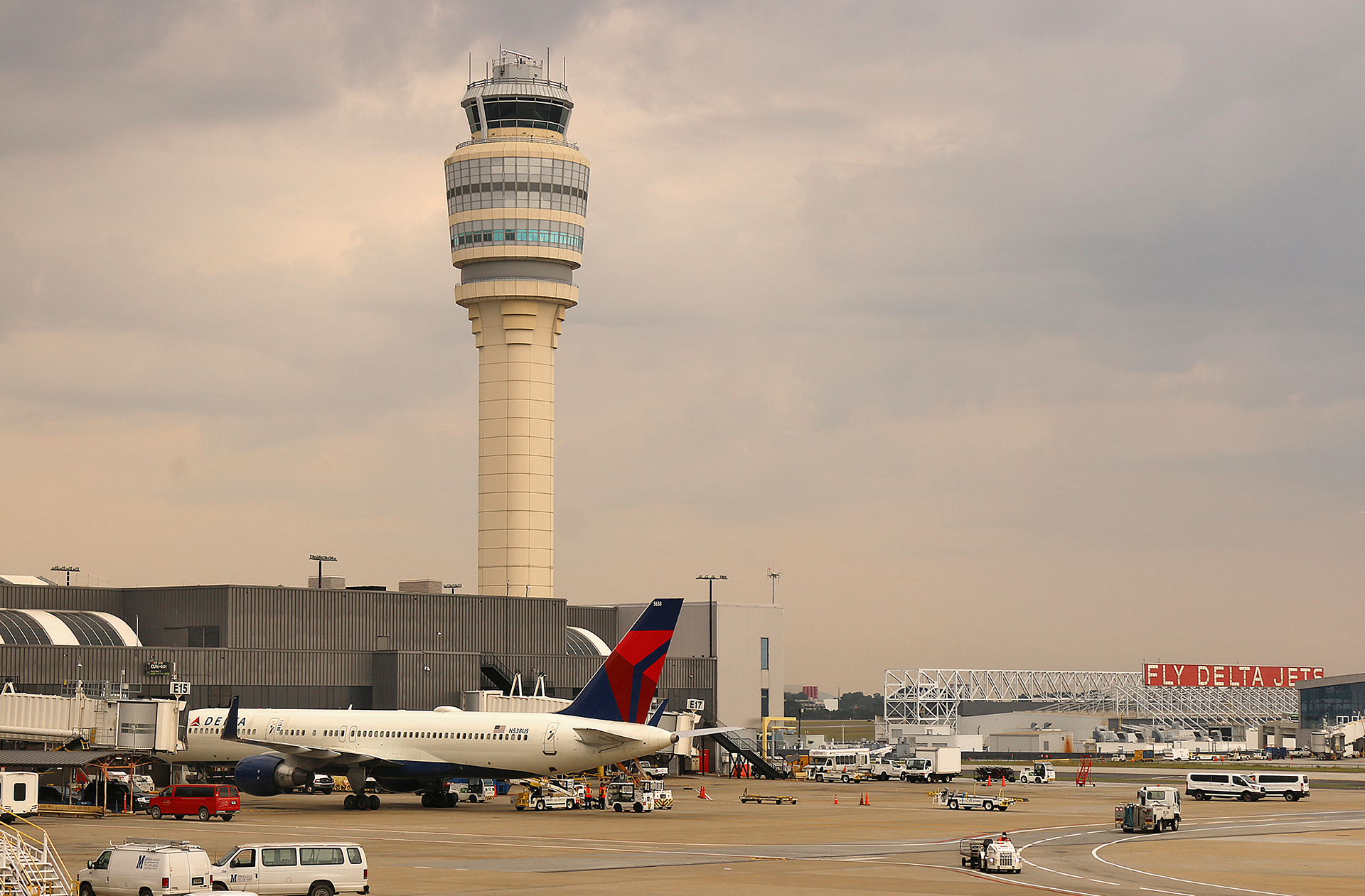
Let us start with the premise that nothing in life is free — and certainly not travel. What would be the incentive of a company offering a product or service for free — especially when they are required to pay the expenses on offering a free product or service?
Travel is not free. In addition to money, many costs are associated with travel…
…but many of those so-called “travel bloggers” do not want for you to know or believe that costs are associated with travel. Rather, they force-feed the dictum that travel is free because it is quite lucrative to them.
However, another critically important factor came into play last month: the massive devaluation of the Delta Air Lines SkyMiles membership program. Much of the criticism comes from customers who proclaim that they have been loyal to the airline for many years, as newer members of membership programs do not seem to overall be as fiercely loyal as older ones.
As an example, earlier today, Monday, October 2, 2023, Delta Air Lines used its official Twitter — er…X — account to solicit travel tips; but it somewhat backfired.
As a shareholder, Delta Million Miler and Diamond for the last several years I'm sending greetings from United Polaris that I just booked after you absolutely gutted the Skymiles program. And here I thought loyalty was a 2-way street. pic.twitter.com/dn5y1rmzL1
— Heiko (@heiko_ihle) October 2, 2023
One person responded that “As a shareholder, Delta Million Miler and Diamond for the last several years I’m sending greetings from United Polaris that I just booked after you absolutely gutted the Skymiles program. And here I thought loyalty was a 2-way street.”
Airlines — as well as other companies which maintain membership programs — initially fostered the ridiculous expectation that loyalty was rewarded. For years, that expectation felt real. These days, companies are simply attempting to squeeze every cent of profit as much as possible — and they will prioritize their revenues at the behest of the needs of members of their membership programs.
One other bit of information that is important in this discussion is that people tend to think of a membership program as the entity in which it was initially branded. That can all change with the financial bottom line of the company — and that can especially change with one sole person who is powerful enough to implement the change.
On a personal note, I have known gate agents, flight attendants, administrators of the SkyMiles membership program, chief executive officers, and a lot of other employees at Delta Air Lines over the years and contributed to its celebrated culture and spirit. Most of them were genuinely good people and would go out of their way for another person — whether that person was a friend, relative, colleague, or customer. Even though many great people still currently work at Delta Air Lines, that spirit and culture — and the SkyMiles membership program — has changed with a few people whom I have unfortunately gotten to know. Those self-absorbed few people with their poor attitudes and personalities had somehow successfully influenced the airline to change the culture from what Delta Air Lines was years ago to the way it is today.
Those few people who I adamantly believe helped to tarnish the airline — and the ones who have since been hired to emulate their philosophies — shall remain unnamed in this article.
Opportunity Cost — and Why Travel Cannot Be Free
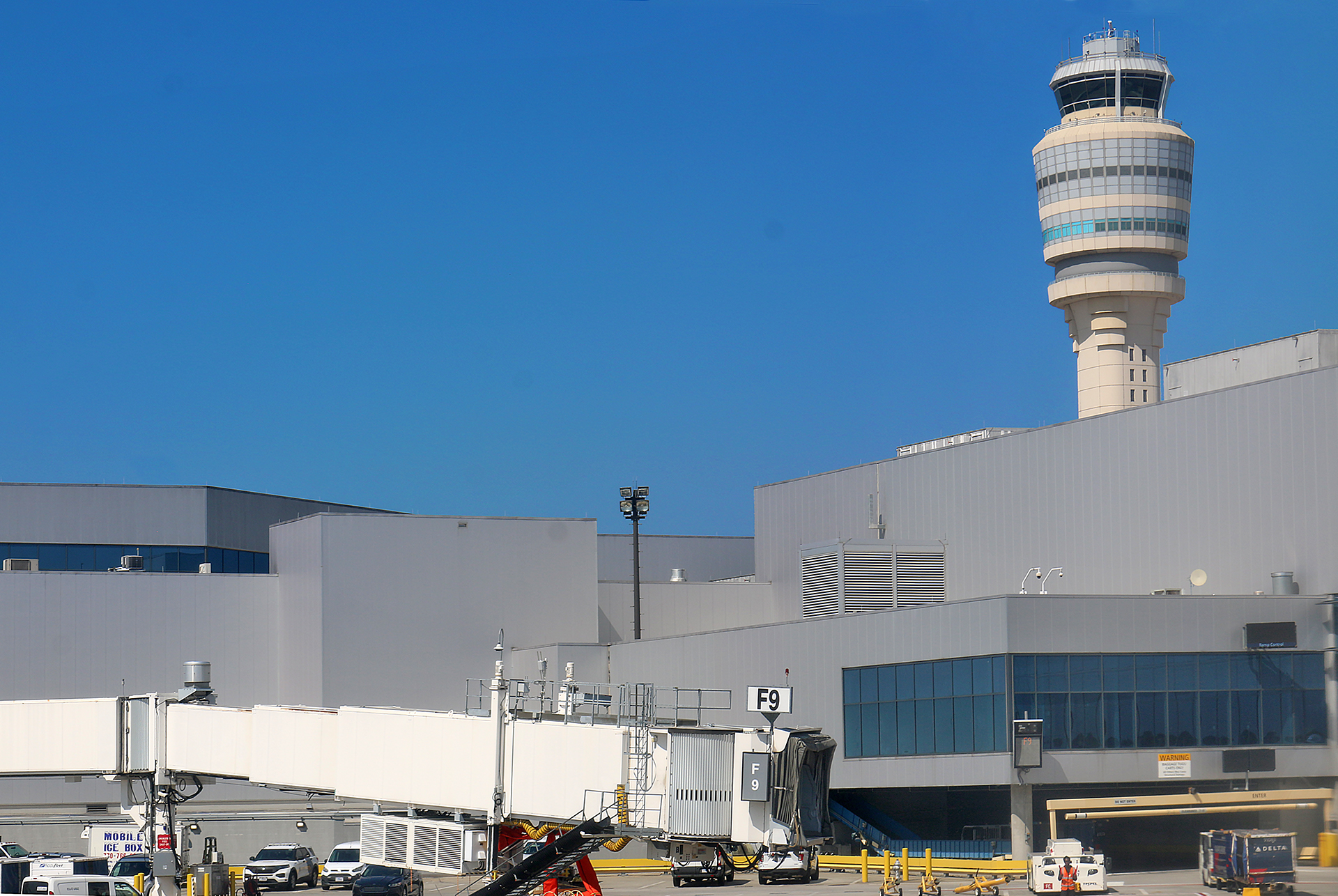
One misnomer of traveling for free is the advent of earning miles or points with frequent travel membership programs. Many people mistakenly believe that using those miles or points means that travel is free of charge, which is usually not the case.
Unless you happen to be a person who must travel for business and may as well earn the miles and points anyway — and even that is debatable as to whether or not travel can be free as a result — many people have to take time or spend money on travel to earn their miles and points. There are some people who will even go out of their way to earn those miles and points — meaning more of a consumption of time or money…
…but is it really worth it?
Let us use an oversimplified example for determining whether or not that “free” travel is worth it: suppose you earn $100.00 per hour. If you spend five hours to save $300.00 on the cost of your trip, your opportunity cost is actually $200.00 because you could have used that five hours to earn $500.00 instead. Sure, the $200.00 did not literally come out of your pocket; but it is still a loss…
…but there are other factors which are exceptions — most notably, the “hunt for the kill.” If you get a thrill out of searching for the lowest cost for a trip and truly enjoy doing so, then perhaps that activity is well worth the opportunity cost to you.
What Really Defines the Dark Side of Miles and Points?
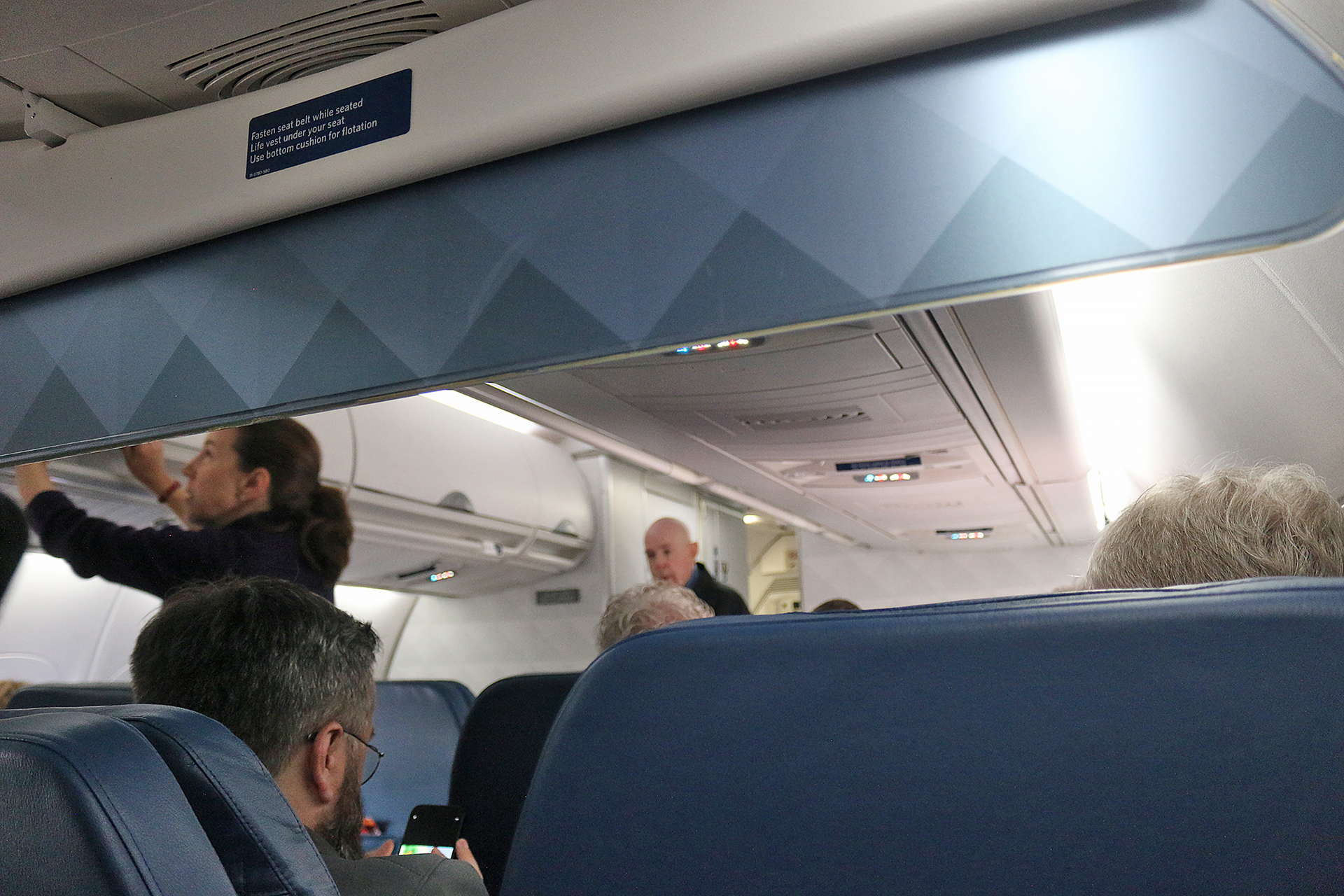
Earning miles and points results in a euphoria of sorts — especially when redeeming them for travel instead of money or cash. The problem is when that euphoria metamorphoses into an uncontrollable obsession. Becoming obsessed with earning and redeeming miles and points to the point of granting it as a priority above more important things in life results in a warped view that benefits the issuer of those miles and points — and can cost unnecessary time, effort, and money for the member.
To obsess is to preoccupy or fill the mind of a person continually, intrusively, and to a troubling extent.
First, there are writers and “bloggers” who helped create an industry out of earning and redeeming miles and points — most notably, Randy Petersen, who founded such entities as InsideFlyer, BoardingArea, and FlyerTalk. Save for the creation of the first frequent flier loyalty program by American Airlines in 1981, probably the most significant event in the history of miles and points was the creation of the first newsletter by Randy Petersen, as he literally cut and pasted articles from physical newsletters issued from frequent flier loyalty programs in 1986 and copied them to distribute at airports to get the word out about how people can travel for free and save money…
…but if you have ever met Randy Petersen, you would know immediately that he is not a die-hard champagne and caviar type of guy. Premium class cabins and geeky airplane technology were not his priorities. He enjoyed traveling and wanted to do so as much as possible; and his mission was — and still is — to get the word out that you can do it too by following what was then a comparatively few simple rules.
Over the years — as airlines offered more amenities to their passengers while membership programs became more complex — subindustries were created pertaining to topics. For example, traveling frugally, or procuring premium class travel as often as possible without paying extra money to do so are only two of those topics. For those people who became wealthy as a result, good for them…
…but I wonder less and less each day if the obsession actually misses the mark rather than yields the original intended outcome. I believe it does miss the mark, for the most part. When miles and points become an obsession, the dark side is that reality becomes skewed; and the member does not implement informed decisions as to what is best for him or her.
Miles and Points is a Means to an End
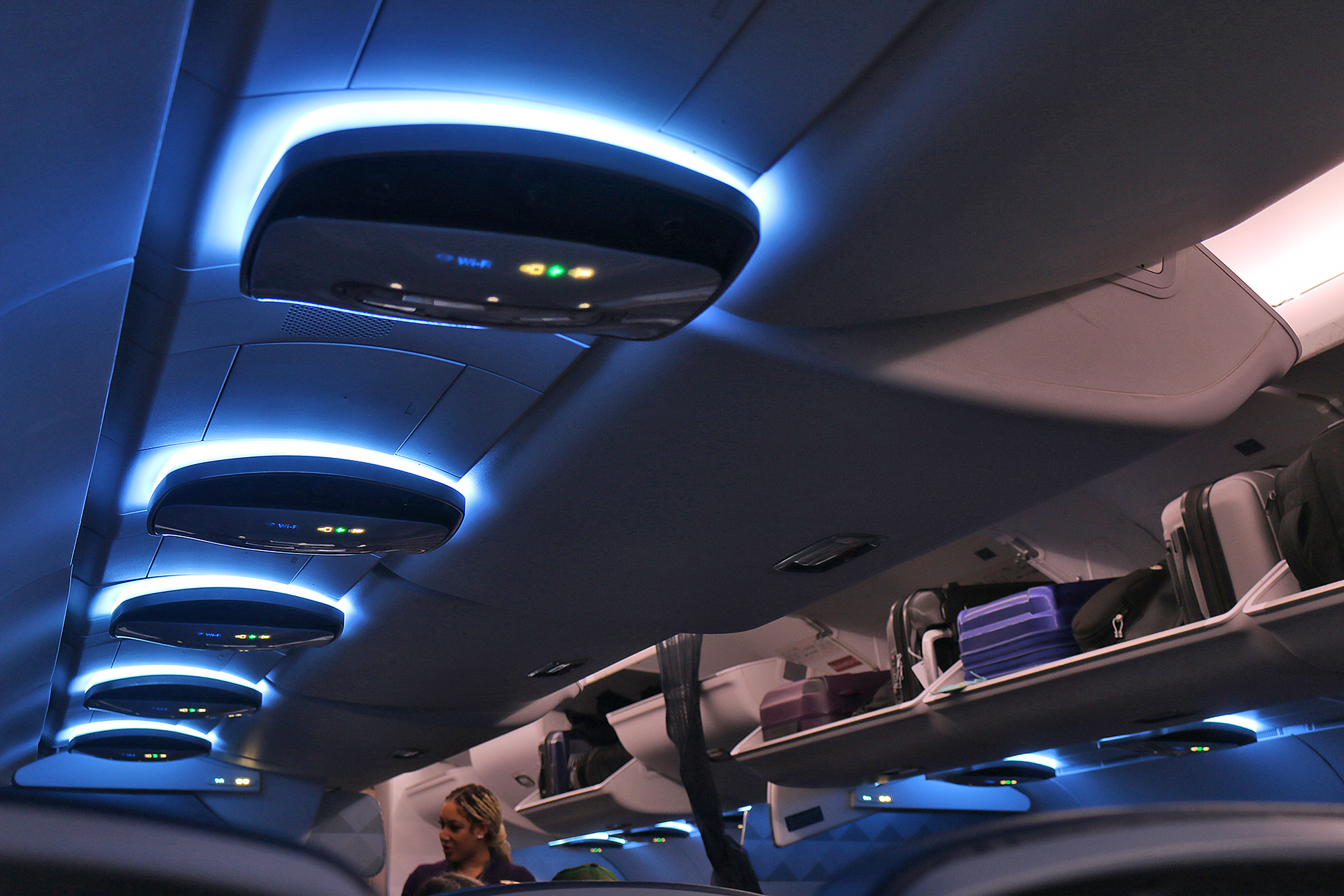
Miles and points in frequent travel loyalty programs is nothing more than a means to an end as to how to reduce or eliminate costs pertaining to travel…
…but I suspect that the obsession for miles, points, and elite level status is primarily for the ability to have a story to tell others. Think about it: who would not read an article about how to fly as a passenger in the first class cabin aboard an airplane for an international flight while dining on caviar, taking a shower at 35,000 feet, and sleeping in a flat bed for the night for pennies on the dollar?
In other words, the obsession is a game on how to squeeze out every last bit of luxury for as little money as possible — but in my opinion, that loses the whole perspective of what flying as a passenger aboard an airplane is all about: travel.
Some people believe that spending thousands of dollars or hundreds of thousands of miles is worth an experience which lasts several hours — while others believe that spending an inordinate amount of time just to beat the system in some way is worthwhile. I personally have a difficult time with either of those premises. To me, value is part of the travel experience. Maybe I do not always get the best deals. Perhaps I am relegated to some seat in the economy class cabin for 15 consecutive hours.
I have arguably never embarked on a pure mileage run for one reason: because I want to have a place to go. Getting there is half the fun, not all of the fun.
Is Travel Really That Expensive?
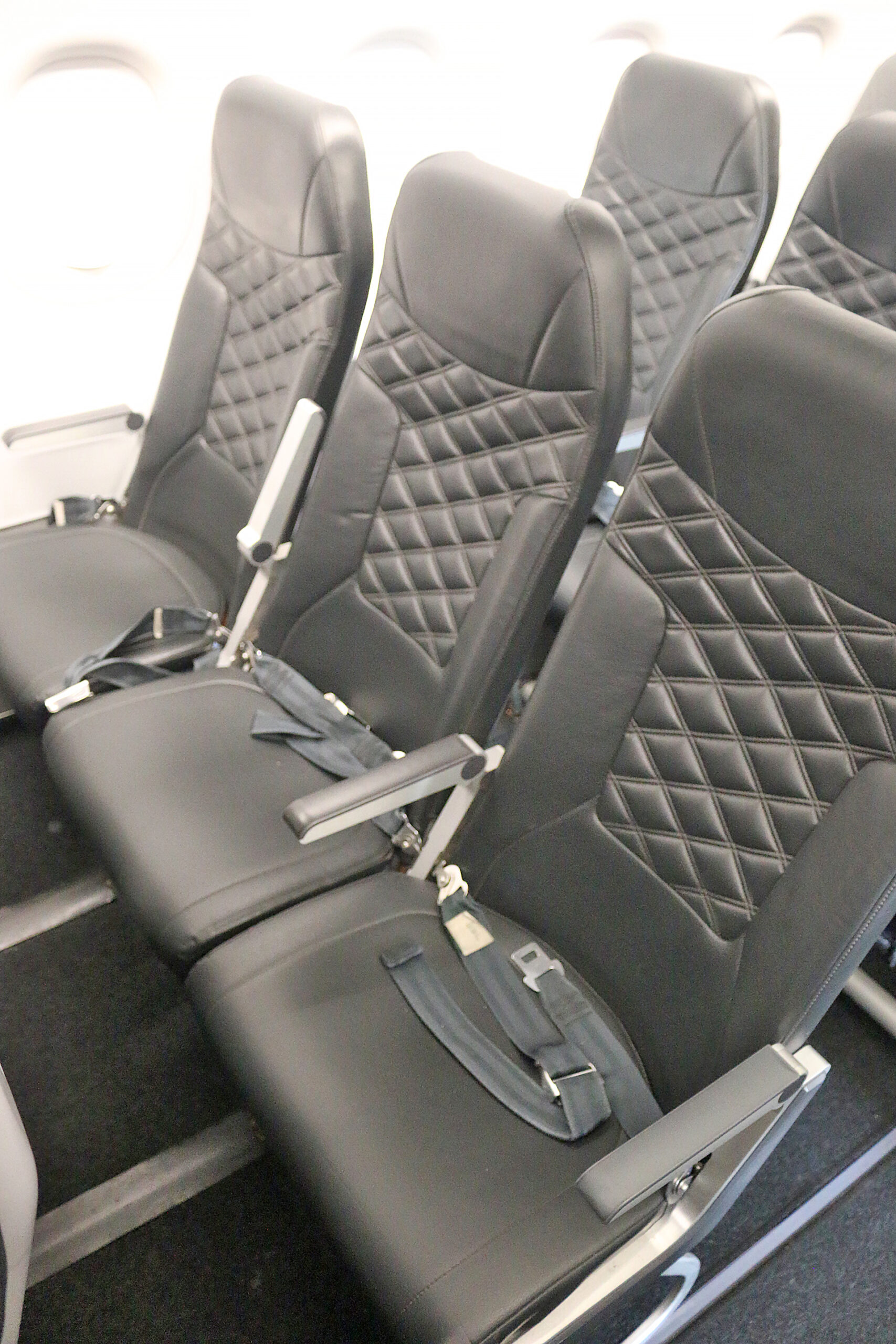
Only you can place a value on what you believe is best for you. Yes, when you add up the airfare, lodging, ground transportation, food and beverages, and other ancillary costs, the expenses of travel can significantly add up.
Miles and points can be used to help reduce the costs of travel — or, in some ways, they can be used to substitute cash. Despite friends, relatives, and colleagues telling you otherwise — especially if doing so is in their best interests and not yours — remember that earning miles and points are rarely ever free; so use them wisely.
Increasingly, the best way to save money on travel this days is by good old-fashioned sleuthing for the best rates and airfares — especially if you are flexible with your travel plans. For example, you can still travel round trip between the United States and Europe for as few as $429.00 — even though this sale technically expired.
Final Boarding Call
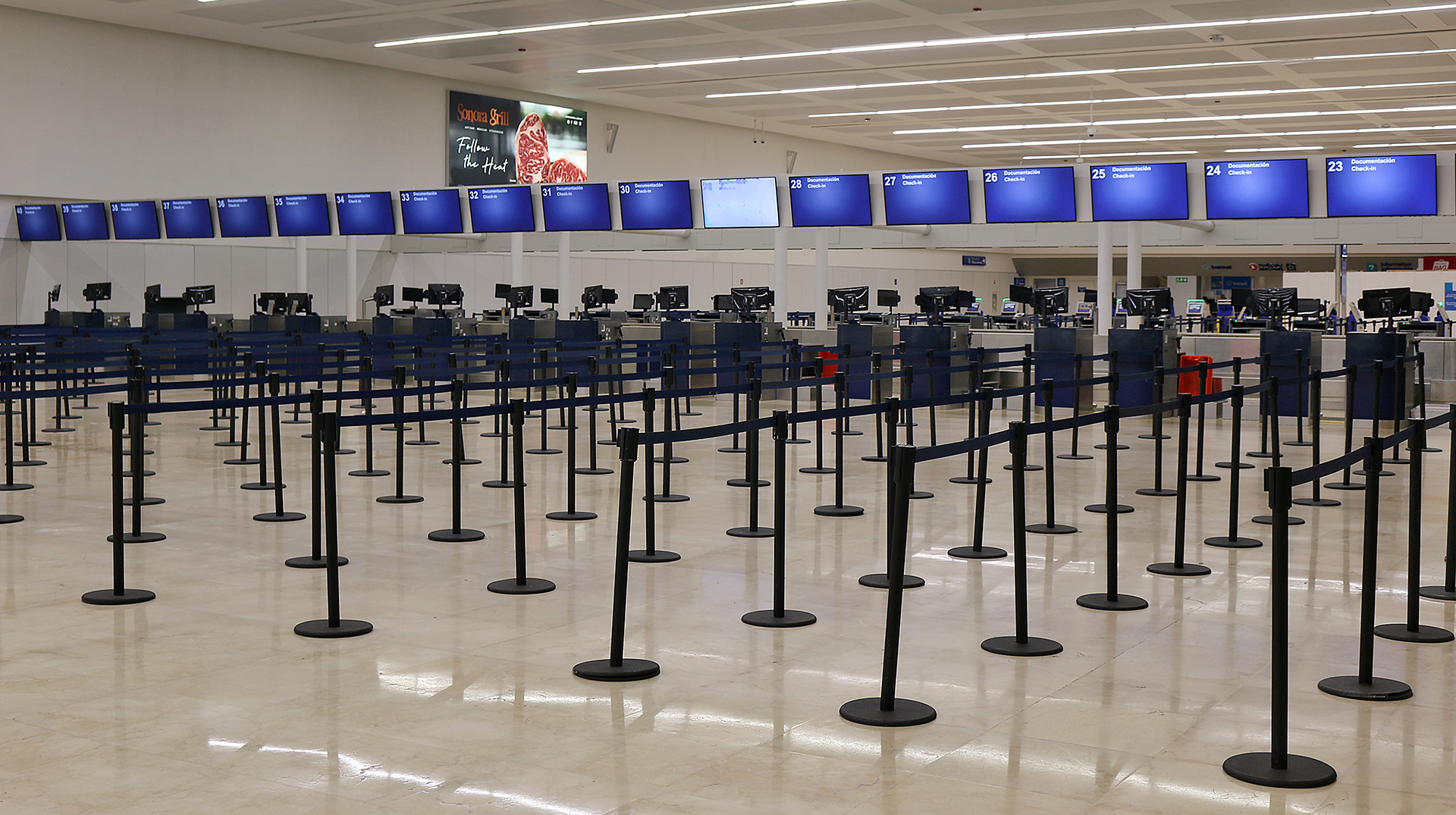
Back on the morning of Tuesday, November 29, 2016, I started writing an article about Times Where Loyalty to a Frequent Travel Program is Simply Not Worth It and that travel is NOT free.
I never finished writing that article — until now.
In addition to “travel blogs”, we are constantly bombarded with the semiotics of advertising and marketing from everywhere: television, portable electronic devices, the Internet, publications, governments, commercial businesses, and even places of worship with messages that are designed to alter our ways of thinking for the benefit of those who perpetuate dogma and propaganda. They often succeed. Do not be fooled. None of those entities operate in a truly altruistic manner to ensure your happiness and satisfaction.
As for Delta Air Lines, I have no intention of boycotting the airline — nor am I carrying a grudge or am I upset about the changes that have been implemented over the years. I still believe that Delta Air Lines is a good choice of airline with which to travel. I have simply adjusted my choice of airlines in accordance to what is best for what I need at the time. If Delta Air Lines best fits my travel needs, then they get my business. If not, another airline gets my business.
Obviously, the value of travel — and the savings which may be derived from it — is subjective at best. Do not allow the business relationship with any company to become personal. Instead of blindly following a membership program with undeserved loyalty and going through a never-ending queue of seemingly broken promises, treat your involvement in a membership program as a way of doing business. Ideally, all entities win: the company profits; and you get the most out of a membership program…
…but simply being undyingly loyal to a company and hoping that that loyalty is reciprocated is usually a foolish game to play — one at which a person rarely wins, as true loyalty is seldom rewarded…
All photographs ©2023 by Brian Cohen.
